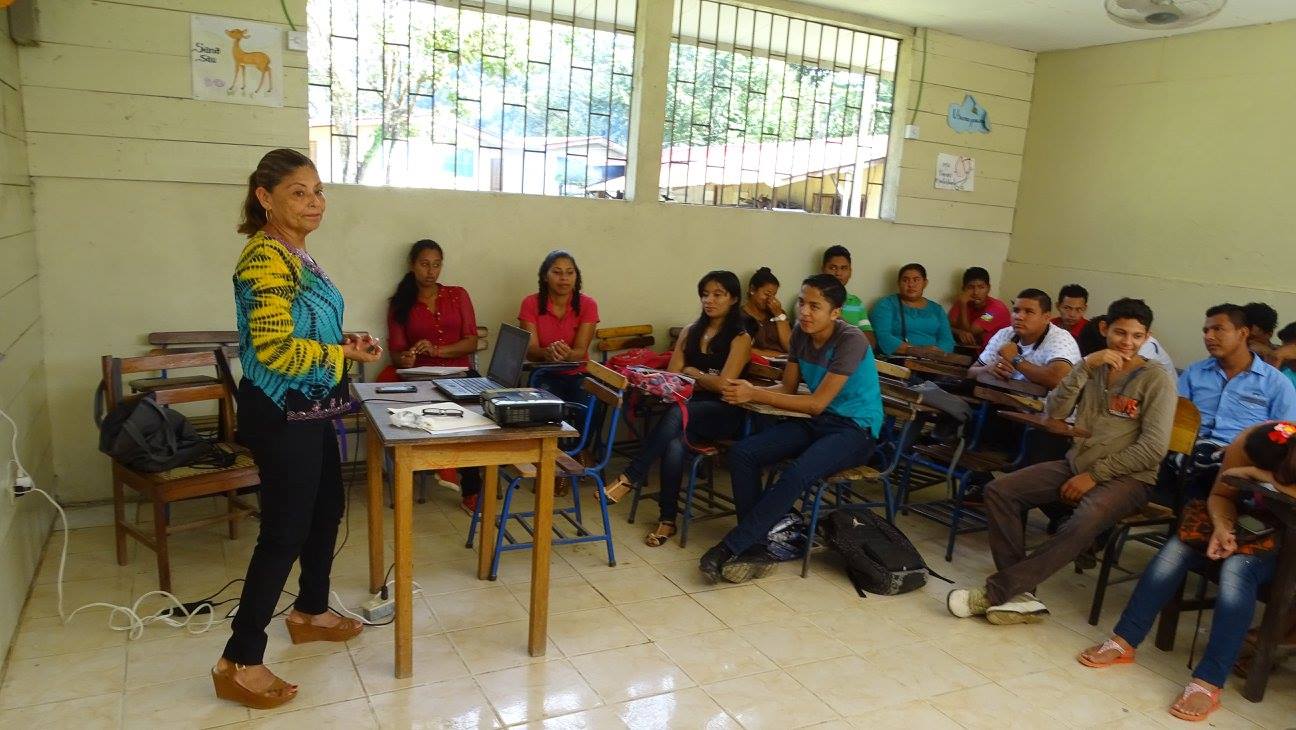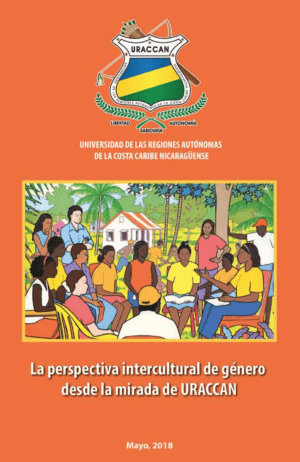Center for Multi-Ethnic Women's Studies and Information
The Center for Multi-Ethnic Women's Studies and Information (CEIMM), of the University of the Autonomous Regions of the Nicaraguan Caribbean Coast (URACCAN), established in 2002, with the mission, first of all, to promote the institutionalization of the intercultural perspective of gender in the work of the intercultural Community University, and, in a broader sense, to profile itself as one of the spaces that points out , within the framework of the Regional Regional Regional Education System, to achieve a critical awareness of unequal gender relations, in articulation with the institutions and movements working on the subject, from its four offices of action: Bluefields, Bilwi, New Guinea and Siuna.
Lines of Action
To this end, it develops, in coordination with networks, organizations and related institutions, the training lines, research, intercultural community accompaniment, internationalization and intercultural communication, with the aim of "Making the Intercultural Gender Perspective, an analysis tool for the construction and/or reaffirmation of new roles that allow horizontal dialogue relations between women and men of different ethnic peoples and communities, to strengthen the autonomy process and to influence public policies at the local, regional, national and international levels, which benefit women and men on an equal footing and rights.
From the different guidelines indicated, the approach of the two major thematic blocks of the CEIMM, Intercultural Citizenship of Gender and Citizenship of Women, under which are located the main thematic areas of THEC: Education for Liberation; Empowerment and Political Participation; Women's cerridurism; Discrimination in all its expressions and Gender Violence. Areas that are addressed and analyzed by key categories, case of identities, inequalities, power, feminous diversity costeños, and articulation of human rights, peoples' rights and collective rights.
Strengthening social capital for the defense and promotion of women's rights: different modalities of awareness-raising and training processes ranging from professorships, workshops, courses, community diplomas, specialization courses and international courses have been promoted.
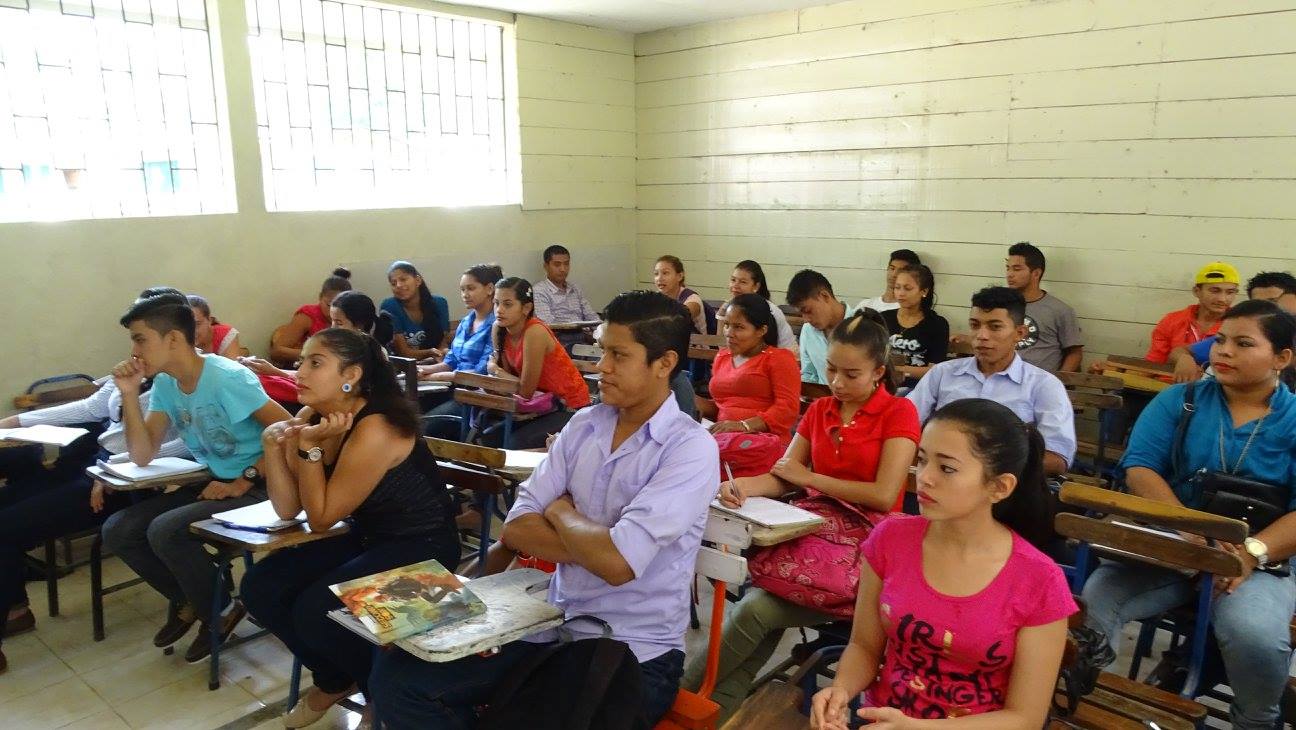
The generation of knowledge on women/gender on the Caribbean Coast has been fostered through the opening of spaces for discussion, in the form of talks and forums at different regional levels, as well as at the national and international levels; and through the different modalities of research developed.
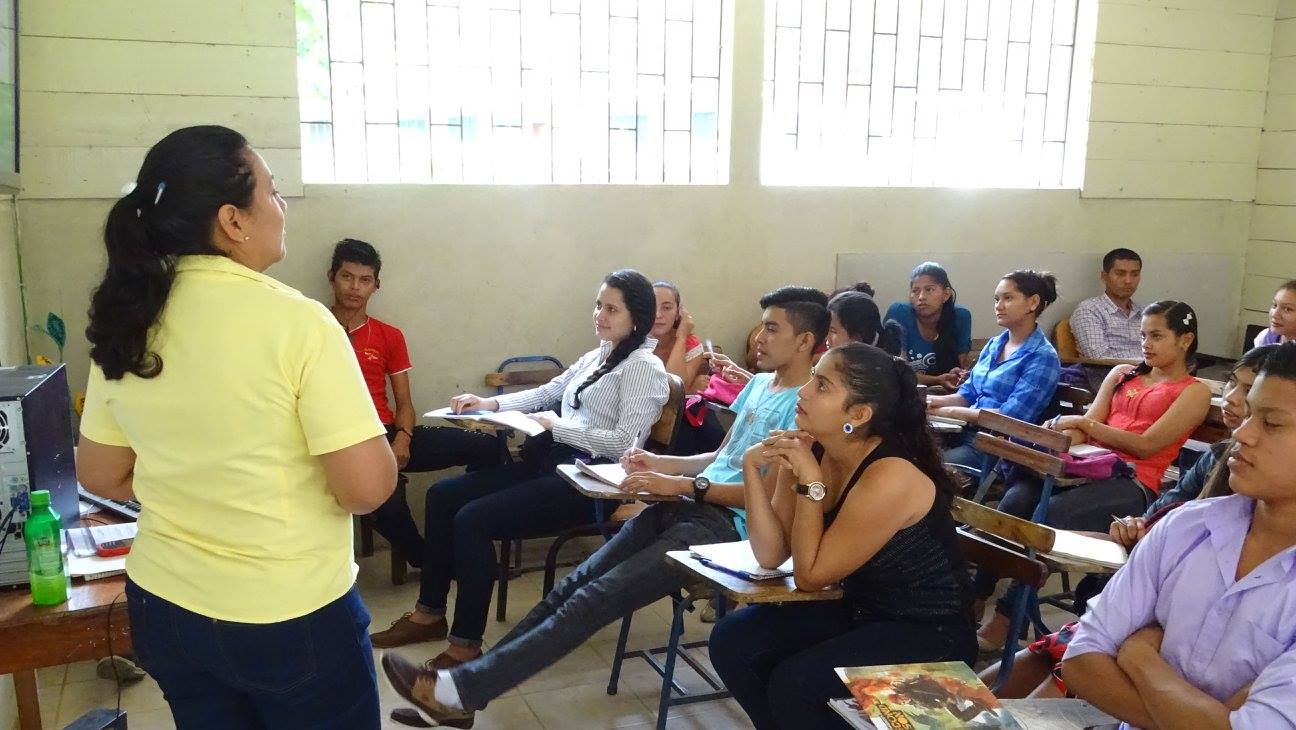
The accompaniment to women's organizations and networks has been aimed at strengthening them, promoting their articulation for joint initiatives such as participatory formulation of public policies for gender equity, as well as the impact for their approval and social audit on their implementation.
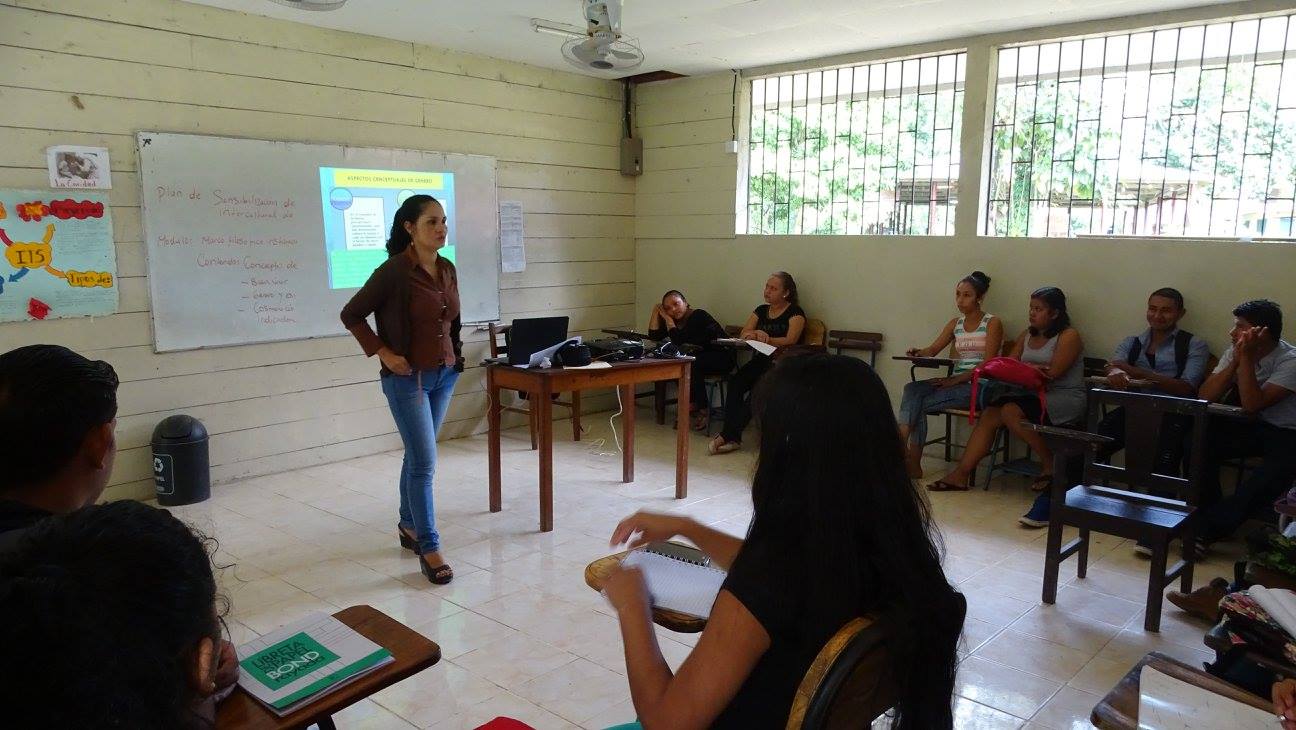
In terms of political advocacy, efforts have been made to the creation and strengthening of mechanisms for the advancement of women in the regional field
